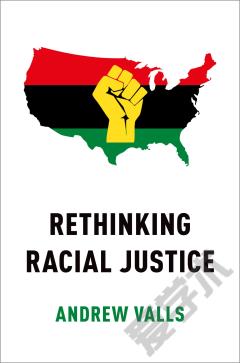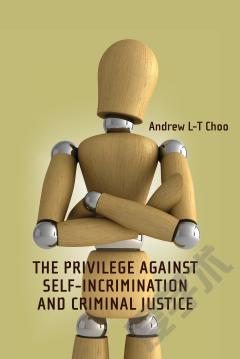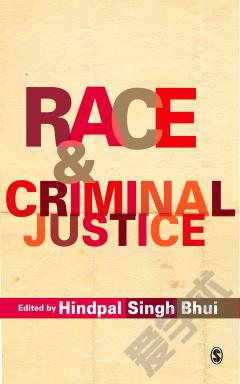Justice and Reverse Discrimination
Through careful consideration of the mutually plausible yet conflicting arguments on both sides of the issue, Alan Goldman attempts to derive a morally consistent position on the justice (or injustice) of reverse discrimination. From a philosophical framework that appeals to a contractual model of ethics, he develops principles of rights, compensation, and equal opportunity. He then applies these principles to the issue at hand, bringing his conclusions to bear on an evaluation of Affirmative Action programs as they tend to work in practice.Originally published in 1979.The Princeton Legacy Library uses the latest print-on-demand technology to again make available previously out-of-print books from the distinguished backlist of Princeton University Press. These paperback editions preserve the original texts of these important books while presenting them in durable paperback editions. The goal of the Princeton Legacy Library is to vastly increase access to the rich scholarly heritage found in the thousands of books published by Princeton University Press since its founding in 1905.
{{comment.content}}








 京公网安备 11010802027623号
京公网安备 11010802027623号